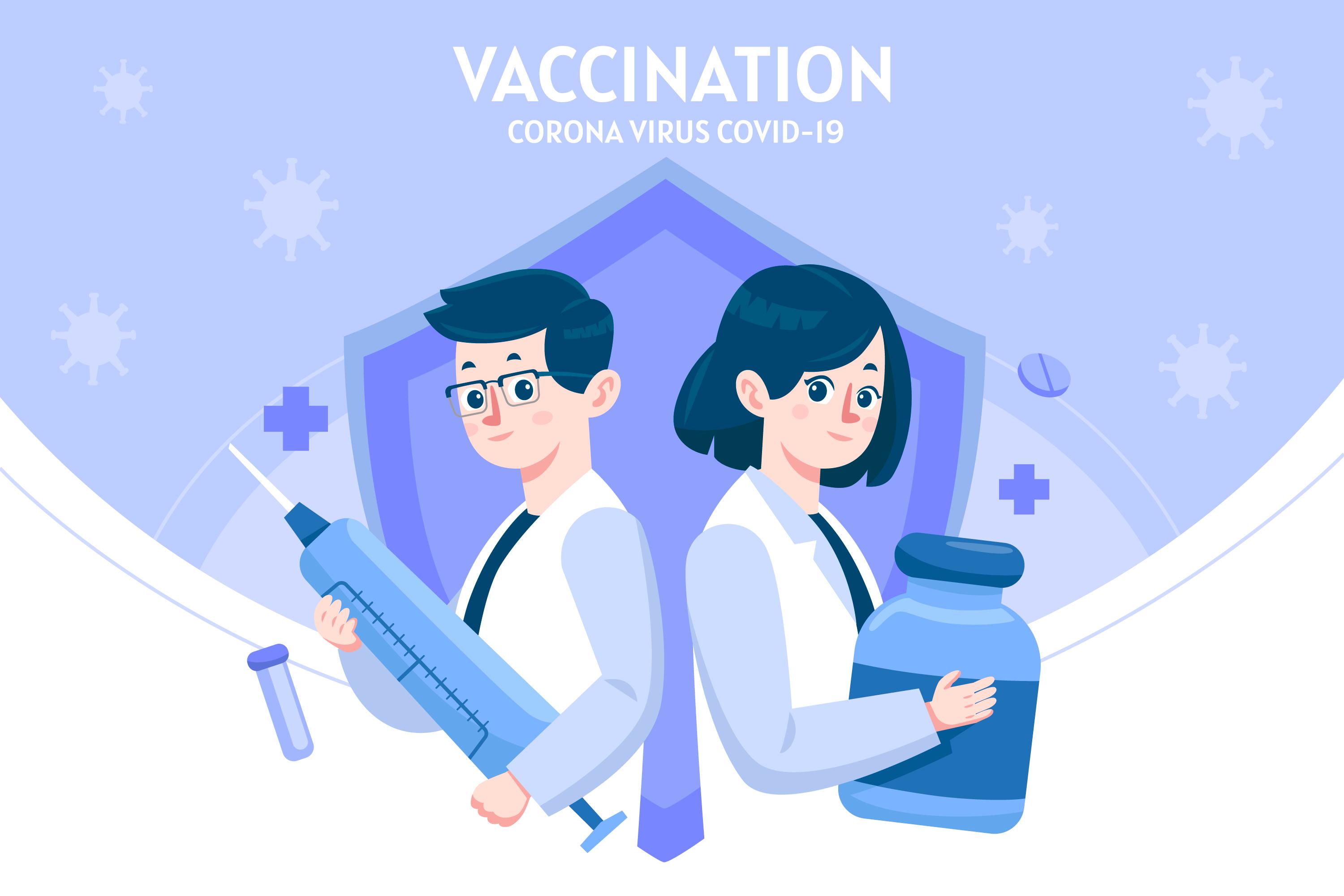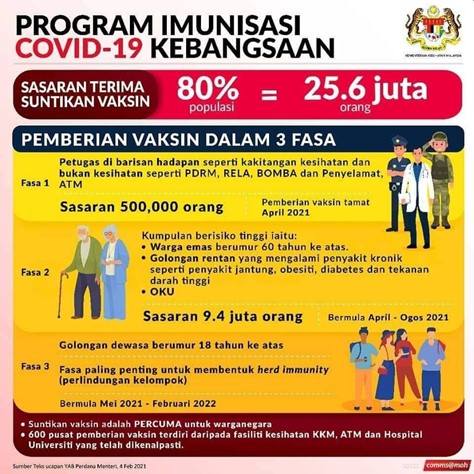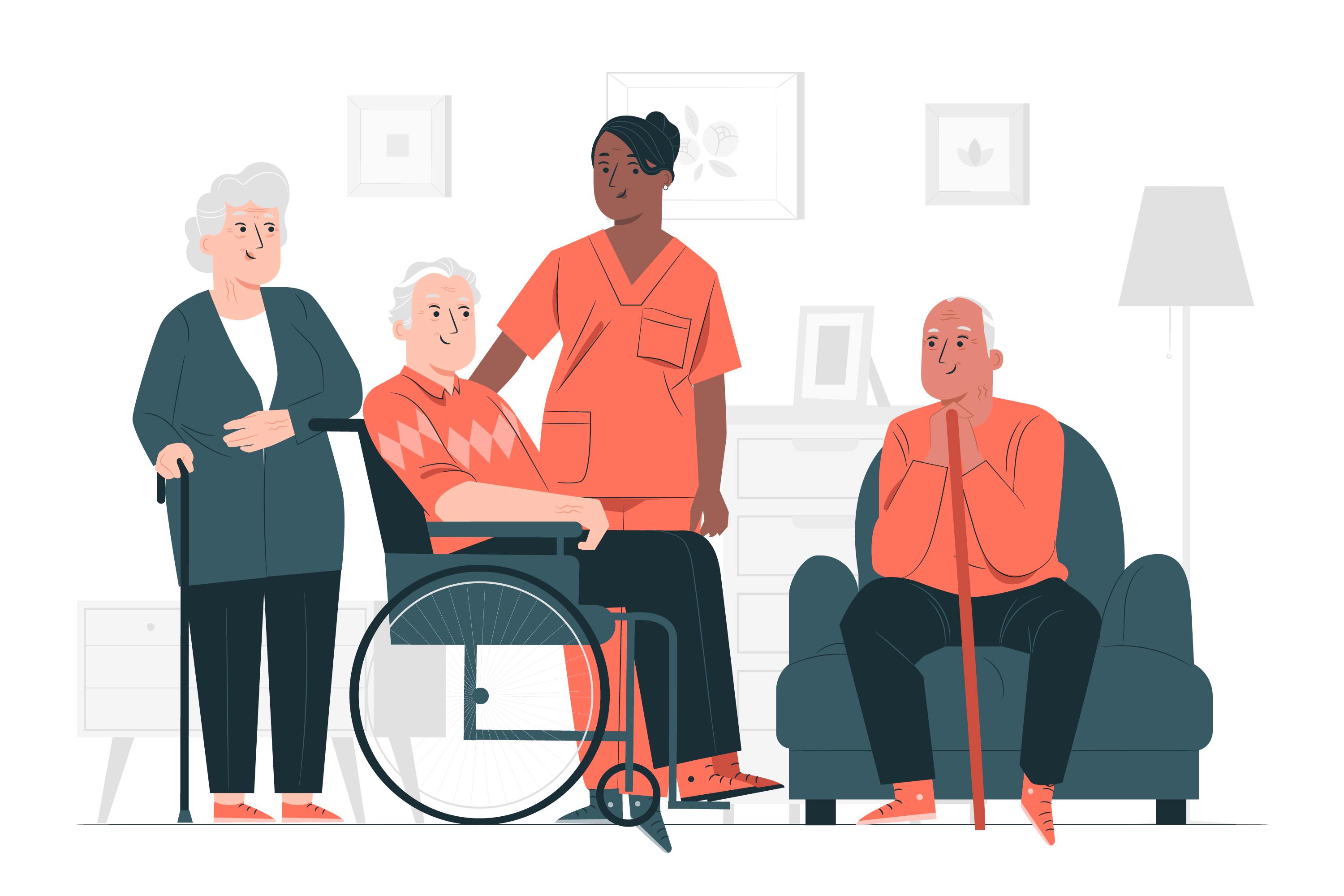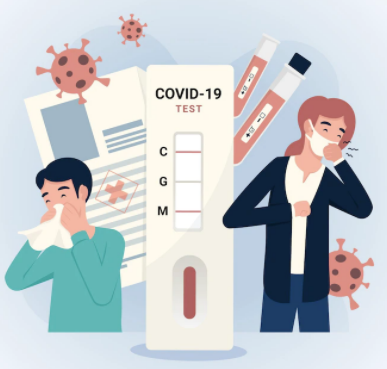
.jpg?sfvrsn=2e4b4085_1)
Current research indicates the vaccines for Covid-19 have a very good safety profile-been tested in large clinical trials. Data from the manufacturers show that the known and potential harms of becoming infected with Covid-19 outweigh the potential safety risks of the vaccines.
According to the Centres for Disease Control and Prevention (CDC), anyone with severe allergies (e.g., anaphylaxis) should not receive this vaccine.
Additionally, the CDC says people with allergies to certain foods, insects, latex, and other common allergens can safely receive the Covid-19 vaccine.
The CDC and the World Health Organization (WHO) list the following as typical adverse reactions to the Covid-19 vaccine:
Additionally, a person may encounter adverse reactions at the injection site, which is typically the upper arm. These could include irritations such as mild discomfort, redness, itching, and swelling.
This problem is occasionally referred to as Covid-arm.
A severe allergic reaction known as anaphylaxis can cause low blood pressure, nausea, and breathing difficulties, among other symptoms.
The Covid-19 vaccine prevents you from becoming ill with Covid-19 by educating your immune system how to identify and combat the virus that causes Covid-19.

Covid-19 vaccine is to be initially distributed in 3 phases:
 |  |  |
| 1. Front Liners | 2. High Risk Group | 3. Community |
If you are suffering from flu or fever, the only concern about getting vaccinated is that the vaccine may increase the severity of your symptoms. It can be hard to distinguish your illness from the reactogenic vaccine reactions. Even though it's uncommon, it occasionally causes severe side effects. This could make your recovery difficult.

The treatment plans for Covid-19 patients in Malaysia are based on 5 levels of severity or clinical category of patients:
There is no specific treatment for Covid-19 patients in Category 1. However, in Category 2 and 3, the patients will be given symptomatic treatments such as medicines to relieve fever, cough, and flu. The use of more specific types of medications such as anti-virals, immuno-modulatory (to reduce inflammatory response), and anti-coagulants (to prevent clotting), are meant for more critically ill Covid-19 patients in Category 4 and 5.
In Malaysia, all patients who are confirmed positive for Covid-19 will be treated at the designated treatment centres. This can either be in a hospital or Quarantine and Low-Risk Covid-19 Treatment Centres (Pusat Kuarantin dan Rawatan Berisiko Rendah Covid-19, PKRC).
This means all Covid-19 patients are isolated from the community. This approach is effective in reducing the risk of Covid-19 infections from spreading to the community. At the treatment centres, the clinical progress of Covid-19 patients will be closely monitored in terms of vital signs, blood tests, and imaging according to patients’ needs. This helps early detection and prompt treatment to prevent patient deterioration, especially those in Category 3 to 5.
Written by
Gleneagles Hospital Kuala Lumpur
*This article was written on the 9th of June 2021 based on the information available at the time.

Wait a minute

Wait a minute